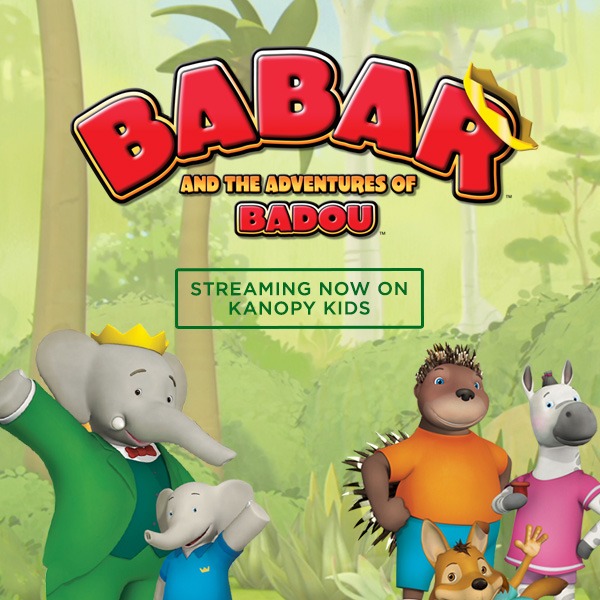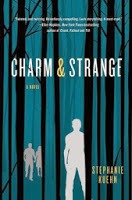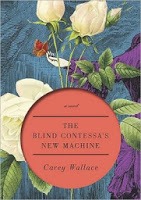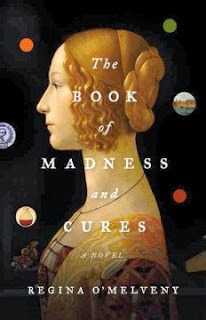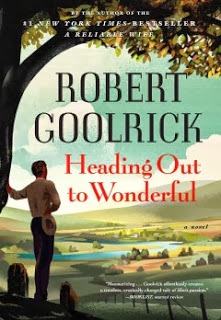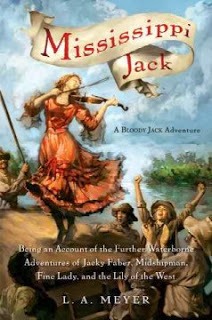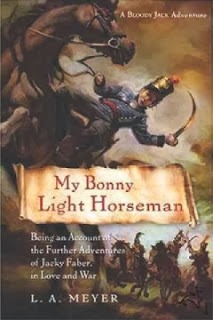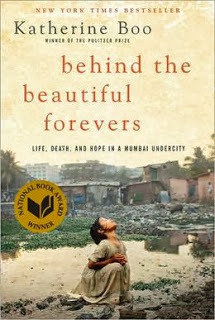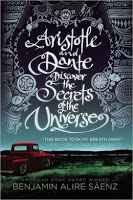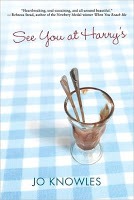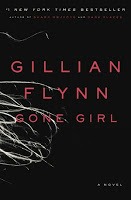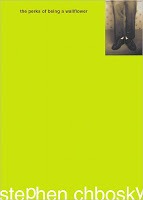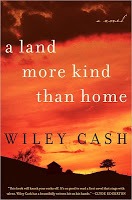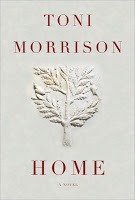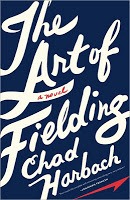Rating: 4.5/5 Stars
Genre: Psychological Thriller
Audience: Teen/Young Adult
Summary: Sixteen-year-old Win is an outsider at his exclusive Vermont boarding school, and that’s
the way he wants it. It’s safer for him, and, perhaps more importantly,
safer for his classmates. Something wild and dangerous lives inside him ready to emerge at any moment, and he can’t wait. When a dead body is found in the woods near his school, Win believes he’s responsible, that his inner wolf has finally found a way to come out. But will Win ever truly be able to break free, or will the tragedies of his childhood trap him forever?
First Line: “I don’t feel the presence of God here.”
Tracy’s Thoughts:
This book pulled me in from the first moment and never let me go. I picked it up early on a Saturday morning, and I didn’t want to leave the tormented mind of Drew/Win for even a minute. Three hours later, I was hungry (no breakfast yet) and needed to use the bathroom, but I was completely full of awe at Kuehn’s writing, particularly the perfect interweaving of voice, character, and pacing. I needed several moments to process what I had just read. What I had experienced, thanks the amazing voice of its troubled narrator(s).
Readers are presented with a character study and mystery from two directions. In the present, Win is a bitter loner, angry and undeniably weird. His thoughts are strange and philosophical and his mind is clearly (or at least probably) confused. No one understands him, and he does not understand himself either. A dead body was found in the woods and Win suspects he’s responsible, though he has no memory of killing anyone. As a reader, I was aware something terrible had happened—leaving Win alone and abandoned—and I wanted desperately to understand his past and what was happening to him in the present. Is he crazy? Is he a werewolf, as he seems to believe? Is he both?
In the past, Drew (Win’s name before the Something Terrible happened) is ten years old and—like the present Win—suffers from severe motion sickness and has strange thoughts and impulses. There is a pervasive sense of doom, though the source of Drew’s troubles is merely hinted at. Through both alternating narratives, Kuehn reveals bits and pieces of the past and their consequences in the present, so that readers are kept constantly on edge, always adjusting and readjusting theories about Win.
Win’s not a particular likeable guy, but it is impossible to read his
confused and caustic words in juxtaposition with his past without feeling sympathy and fascination. I was
determined to unravel the mystery of Win’s past and present. And even
when I thought I understood what was going on in Win’s mind, there was
always a niggle of doubt where I wondered if Win’s strange, confused
thoughts were true after all.The uncertainty and fascination created through voice and structure are the heart of Kuehn’s amazing storytelling in this novel. And the writing itself is beautiful, unsettling, and—even though I suspected the big reveal at the end—completely gutwrenching.
Charm & Strange isn’t a perfect book, but it is powerful and emotionally intense from start to finish. Although a handful of recent YA books have held me in their spell (e.g., this one, this one, and this one), not since first reading Sara Zarr’s Story of a Girl have I been so completely absorbed and unwilling to put a book down.



